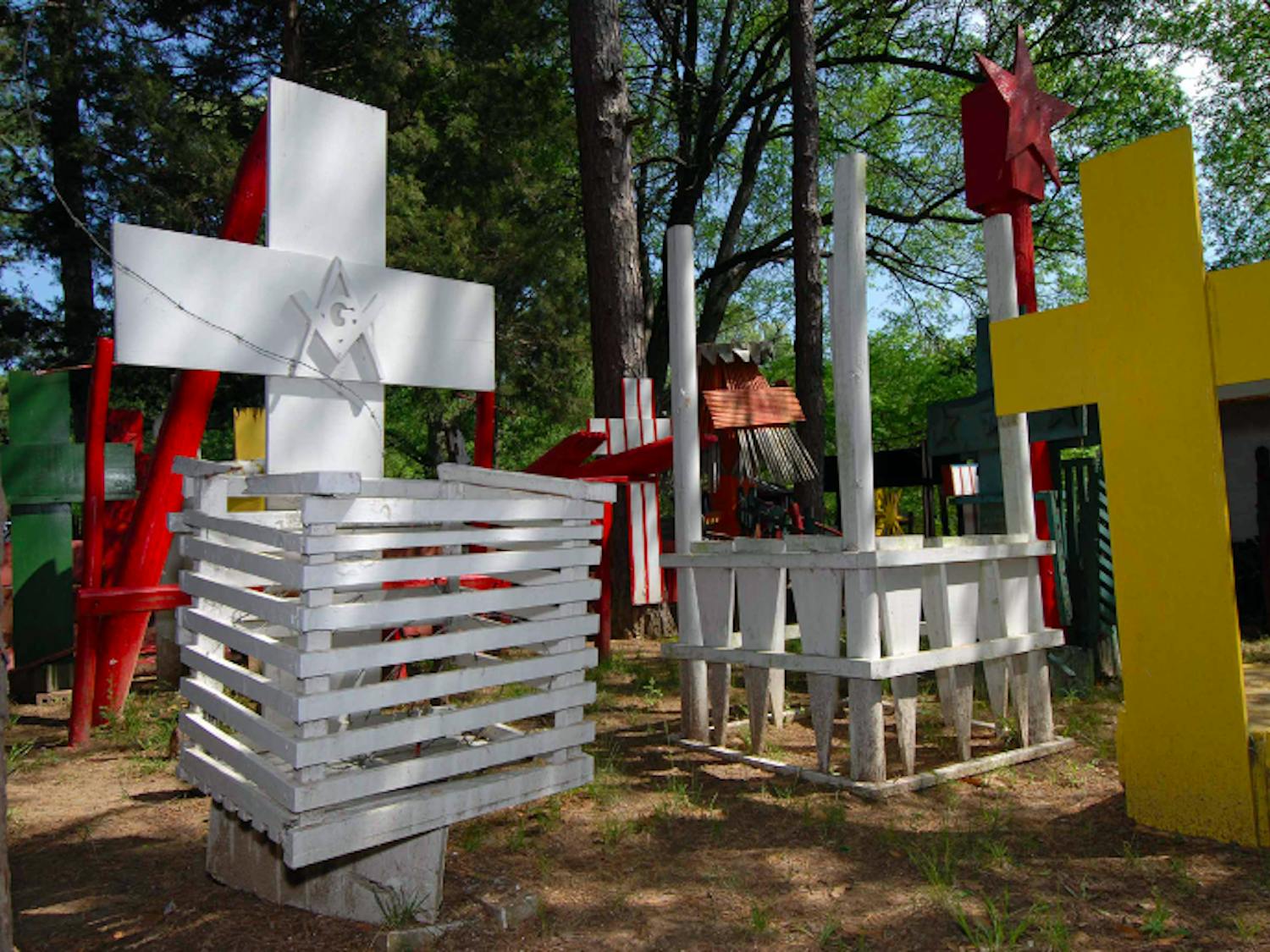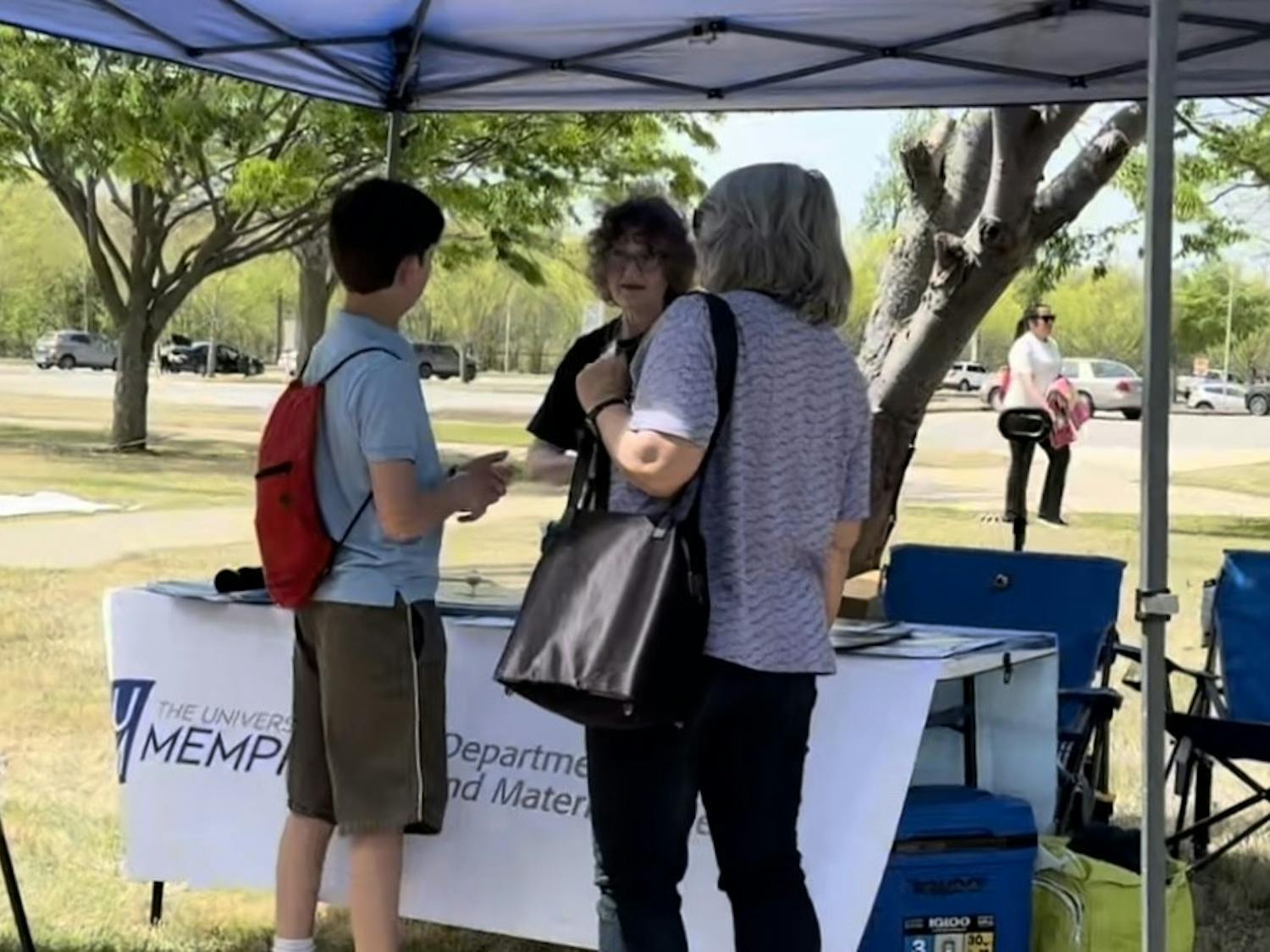
A survey found only 38 percent of Tennesseans could pass a basic U.S. Citizenship test.
A survey by the Woodrow Wilson National Fellowship Foundation concluded only 38 percent of Tennesseans could pass a basic U.S. Citizenship test.
Amanda Savage, a University of Memphis instructor and undergraduate adviser for the Department of History, said most people do not know enough about their own country because history is open to interpretation.
â€Most Americans don’t learn enough about their own past in order to make informed decisions,†Savage said. “Part of the problem is that history is about interpretation, and the way we interpret the past changes over time.â€
Only 27 percent of those under the age of 45 were able to demonstrate a basic understanding of American history, according to the Woodrow Wilson National Fellowship Foundation. Nationally, only four out of 10 Americans passed the exam.
Savage said it is surprising to hear only four out of 10 Americans demonstrated basic knowledge of American history.
“I think it is a shock, and most people would also think it’s a shock to hear something like that because most people think they possess that kind of information about their national past that would make them an informed citizen,†Savage said.
According to a press release from the Woodrow Wilson National Fellowship Foundation, the American history education is not working, as students are asked to merely memorize dates, events and leaders, which polls show are not retained in adulthood.
Savage said although rote memorization can be beneficial, learning about American history requires more than drilling facts.
“Rote memory is significant, but when it comes to history though, I don’t really think so much,†Savage said. “You do need to know when stuff happens, and memorizing facts is good with that, but what’s more important is how and why did it happen.â€
The Woodrow Wilson National Fellowship Foundation is launching a major national initiative to transform how American history is learned today, providing high school students with an interactive digital platform intended to make American history more interesting and appreciated by all learners, particularly those who do not see the importance history plays in every day life.
Savage said the best way to be informed about the country is for citizens to read the news and for teachers to allow students to interact with primary sources.
“I think history empathy is one of the best ways to get students engaged with the past,†Savage said. “It’s like reading historical fiction. It becomes incredibly immersive and allows students to see the past through the lens of those in that specific time period.â€
Joe Hayden, a UofM journalism professor, said the low percentage of Tennesseans passing the U.S. Citizenship Test is not surprising because most Americans know very little about their own history or about the government.
“Part of that has to do with just lack of current events,†Hayden said. “It’s very difficult to just weigh in at random. If you have no knowledge, it’s difficult to say, ‘Well, I think policy C is better than policy A.’ How would anyone know that if they don’t know anything or aren’t abreast of what’s going on. It takes a while to build up knowledge.â€
Hayden said four out of 10 Americans not knowing history is not much of a surprise because most people are either not interested in learning about history or they are naturally lazy.
“I think it’s a combination of things,†Hayden said. “I think part of it is that people are busy. Part of it is that people are by nature lazy, and another factor is that we have a nation that doesn’t read much. Reading is the most efficient way to absorb factual information, so if you don’t read, you don’t know anything. To be a good citizen of any country, you have to be a good reader.â€
Hayden said although using experiential learning opportunities like digital games, videos and graphic novels are fine the main focus is to learn beyond dates and events.
“You can make a trivia game out of learning dates, but that’s a little more trivial as opposed to learning about the actual stories of the past,†Hayden said. “Any interactive methods to learn (American history) is fine, but the point is to know about the people and how history came to be.â€




